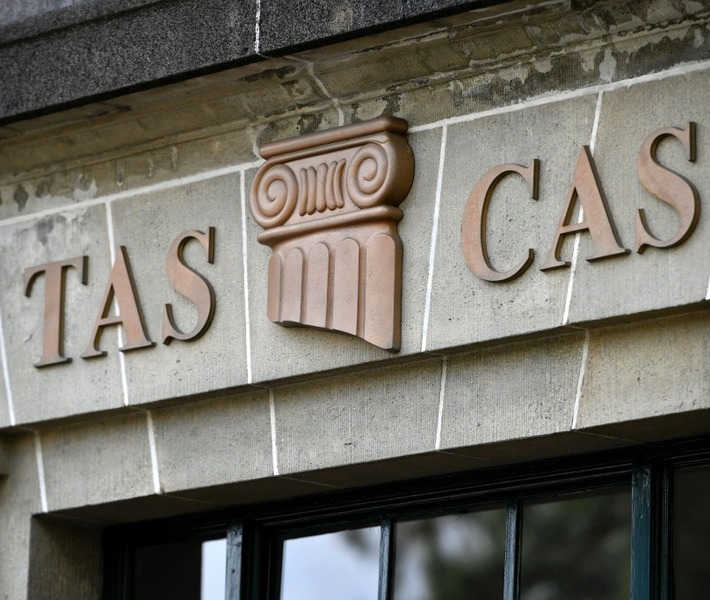Arbitration & Labor Disputes
In today’s world of professional sports, the legal relationship between the players – clubs – agents triangle, is universally determined by contracts of employment.
As with any commercial contract, disputes may arise and can range from simple failures to adhere to certain conditions and up to matters of unfair termination, unilateral breach of contract and others.
In the global business of sports, these disputes are principally resolved by alternative dispute resolution, via internal arbitral tribunals.
FIFA, FIBA and other global governing bodies, created their own dispute resolution chamber for International dimension disputes and has also mandated the creation of equivalent national dispute resolution chambers at domestic level.
Appeals over sports governing bodies may be addressed to the Court of Arbitration for Sport (CAS), independent organization to adjudicate sports-related disputes through arbitration or mediation. CAS has been increasingly relied on by players, clubs and other sports stakeholders around the world to settle their disputes not only in appeal cases.
CAS handles sports-related disputes of many different kinds and the arbitral awards that CAS issues have the same enforceability as judgments of ordinary courts and other arbitration mechanisms.
Our team gained remarkable experience and reputation working domestically and internationally managing and resolving such disputes.


